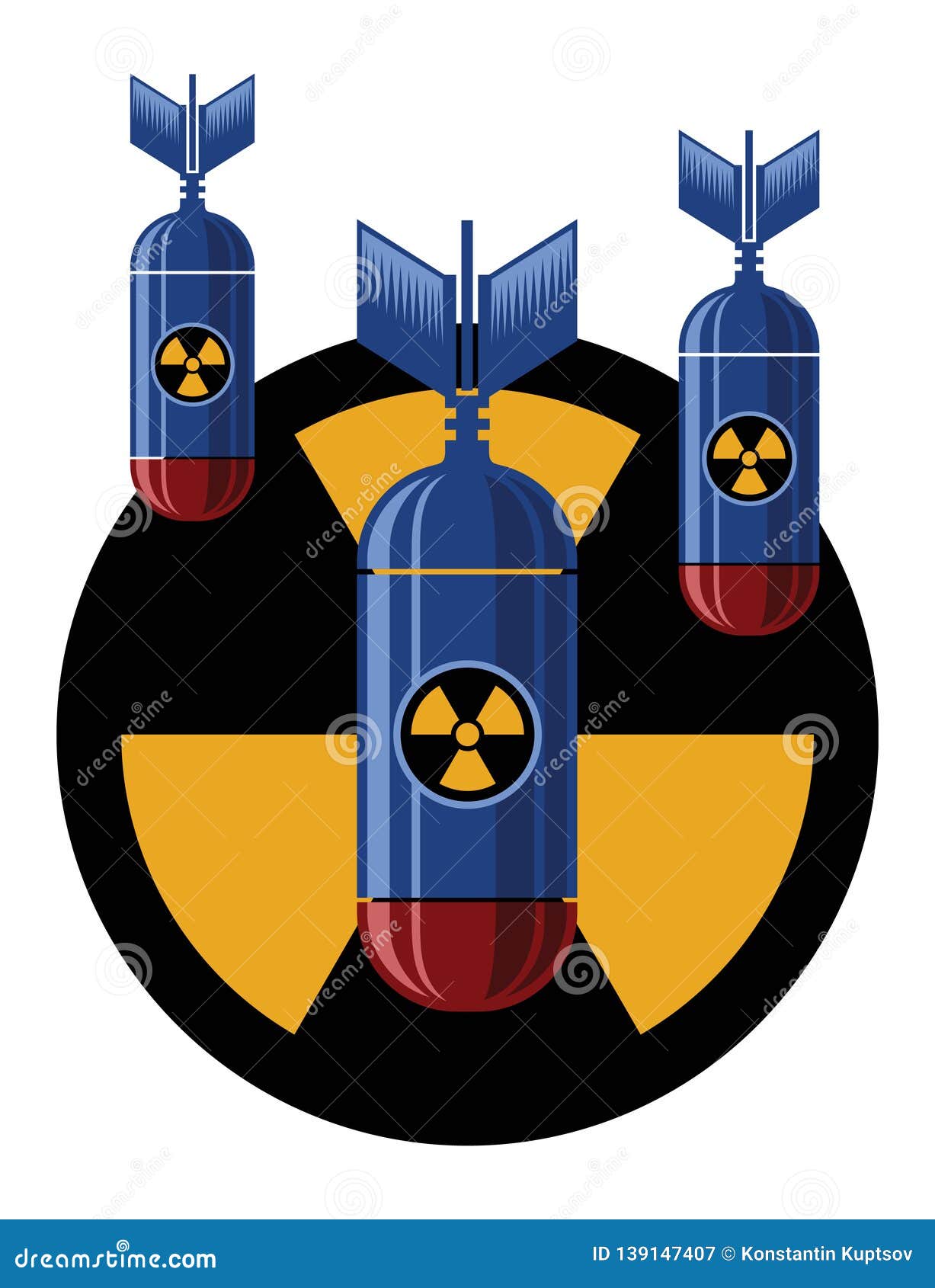

Curbing these activities is a clear national security priority for the United States, but the U.S.

3 Nuclear weapons have not enabled states to compel adversaries to stop supporting terrorism, reverse illegal territorial aggrandizement, respect human rights, or desist from cyber attacks. States with nuclear weapons have been attacked and have lost wars, as the United States and Russia did respectively in Vietnam and Afghanistan. allies and partners in potential regional scenarios where Russia, China, or North Korea might threaten them.Ĭonsequently, because nuclear war would carry a clear risk of catastrophic destruction for the United States and probably for its allies or partners, American leaders should only contemplate use when the violence and destructiveness of the aggression that must be defeated is of a similar scale. These risks may induce greater caution among all parties, including the United States, but they add to the challenge of protecting U.S. 2 In other words, the risks entailed in the United States’ use of nuclear weapons, in either a first or second strike, are greater.

But the invocation of World War II and the emergence of nuclear deterrence in 1945 invites at least two other pertinent observations.įirst, unlike when the United States used nuclear weapons against Japan in 1945, today the adversary also will possess nuclear weapons in any conflict where the United States conceivably would use them. The 2018 NPR suggests that the decline in wartime casualties since 1945 is due primarily to the deterrence provided by nuclear weapons. Since 1945, no threat-including many crises, conflicts, and wars-has caused the United States or any other country or nonstate entity to initiate use of nuclear weapons. Given the enormous risks of nuclear war, nuclear weapons should be reserved for deterring threats of a scale and type that cannot be deterred or defeated by other means.


 0 kommentar(er)
0 kommentar(er)
